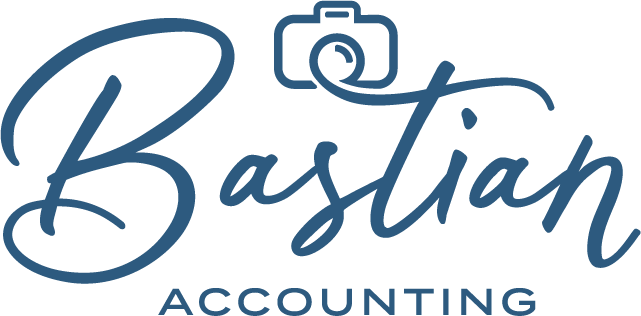Business Entity Basics
Related Blog Posts
👉 The Accidental Partnership
Whether you are moonlighting, part-timing, freelancing, or going all in with a full-time gig. If you provide goods or services in exchange for currency, you are operating a business.
When starting your own business, there are some basic things you need to know and consider, such as your business entity formation. Your business entity dictates how to set up your books and how your income will be treated for tax purposes.
Choosing which business entity you want to form is based on your type of business and the services or items you offer. You need to consider the future vision of where you want your company to go. You may form one entity and in later years realize you need to convert to another type of entity. I have laid out the basics of the different entity types to give you a better understanding of how they are both similar and different.
Sole Proprietor
This is the easiest entity to form. A Sole Proprietorship involves one single person and possibly his or her spouse. There is minimal paperwork involved. A Sole Proprietorship has no separate tax return and is a “flow-through entity, " meaning the net profit will flow through to your personal tax return. You are required to file a Schedule C (Profit & Loss From Business) along with your personal tax return. You will owe self-employment taxes on your net profit regardless of how much you withdrew from your business. You must make quarterly estimated tax payments to avoid penalties on those taxes.
Partnership
This is very similar to a Sole Proprietor except that there is more than one person involved. Partners split the net profit. This is done by filing a separate tax return (form 1065), which calculates the business income and expenses and issues each partner a Schedule K-1 showing his or her portion of the net income based on the partnership agreement. Each partner then uses the Schedule K-1 to file his or her personal taxes. Each partner will still owe self-employment taxes on their portion of the net income. Partners also need to make estimated tax payments to avoid penalties. It is also important to be cautious of forming an “Accidental Partnership.”
LLC (Limited Liability Company)
A very popular entity choice is the LLC. An LLC requires more paperwork. However, it offers liability protection. Forming an LLC separates the owner from the business. This separation protects the owner's personal assets from any business liabilities. This means if you were sued they can only take what the business owns. Not your personal home, or assets. An LLC is taxed just like a sole proprietor or partnership, paying self-employment taxes on all income regardless of how much cash he or she took out. An LLC still needs to make estimated tax payments to avoid penalties.
S-Corporation
More complicated than a Sole Proprietorship or General Partnership yet much easier than an LLC to form. Like a partnership, an S-Corporation must file a separate tax return (form 1120S). Owners and Partners are referred to as “shareholders.” each Shareholder will receive a Schedule K-1 with his or her portion of the net income at tax time. An S-Corporation is similar to an LLC in that it offers liability and separation of business and personal finances and assets. This entity also offers the pass-through of income to shareholders’ personal returns like a Sole Proprietorship, LLC, or Partnership. The largest difference is how S-Corporation income is taxed. Operating shareholders must take reasonable wages via payroll (a business deduction for the S-Corporation - another plus!). Any other cash taken out of the business aside from payroll is a shareholder distribution and is only subject to regular income tax on the shareholder's personal tax return rather than self-employment taxes like the other entity types, just as all entities the taxpayer should always make any estimated tax payments based on his or her tax situation and S-Corp distributions.
Want More?
Check out all of our courses inside the Financially Focused Photographer Education Vault, where in under an hour, you’ll understand the difference between an LLC, Sole Proprietor, DBA, and S-Corporation. Plus, you'll discover which one is right for you and why! Tax savings, here you come!
Also, I work with creative entrepreneurs to ensure they set up their businesses for the best tax situation based on their personal and business needs. I offer a FREE 20-minute consultation. If you would like to dig deeper into these topics, click HERE to set up a call.
Click here to join my free Facebook Community Financially Focused Photographers
I go live in this community every week, answering all your tax, bookkeeping, and tax questions!
Be sure to follow me on Instagram, Facebook, YouTube, and Pinterest.


